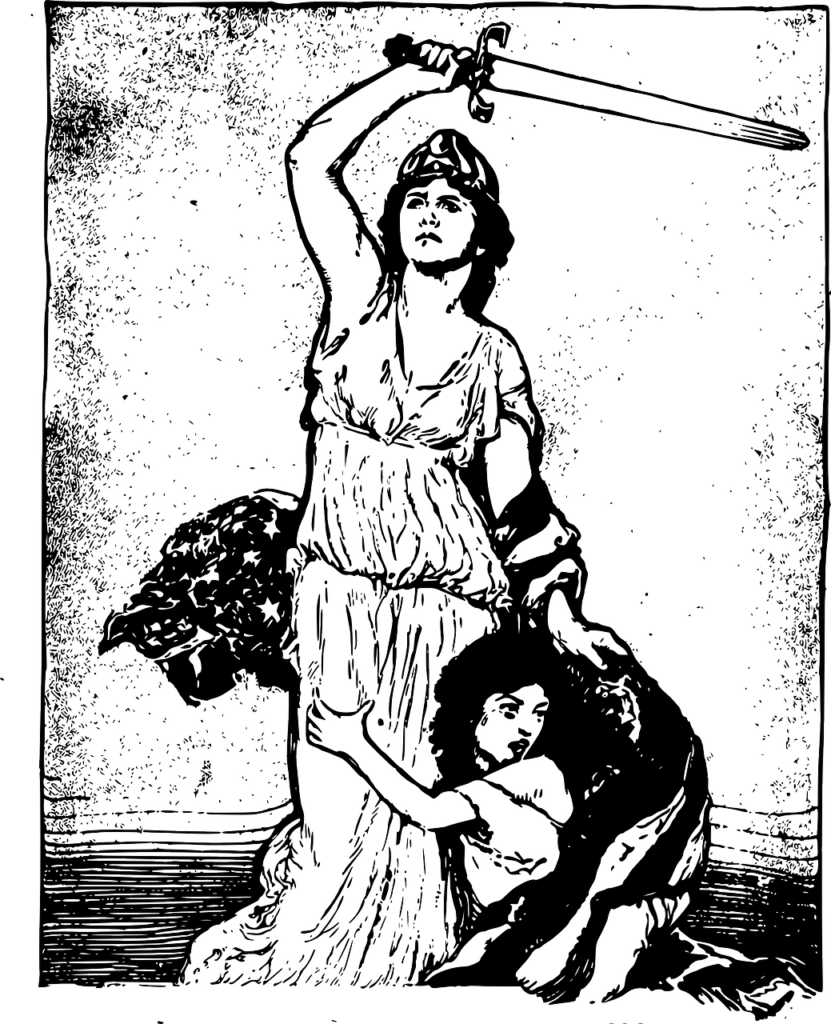Updated October 2022
I’d never heard of beta readers when I (poorly) published my first books, a fantasy trilogy. If I had, I might have held off for a while and gathered a few opinions. For that’s what betas are – people who read your book before you publish it and tell you what works and doesn’t work.
As it was, I essentially re-wrote the trilogy at the end of 2019, taking advantage of a few years of learning the craft and with feedback from my step-granddaughter, an avid reader. (She loves them, but is re-writing the ending to include a budding romantic relationship between two of the teen protagonists.)
When I started writing adult fiction (historical), I started using betas. Rather, ‘we’ started using betas, as I moved into that genre by collaborating with another writer, Emma. Emma is a keen historian, has a great flair for imagery and used to have an (acknowledged) lack of ability to structure a story.

We wrote 125,000 words together, and never wanted to kill each other – helped by the fact she’s in Australia and I’m in the UK. And when we were done, she gave it to her mother to read and Mum said it was wonderful (it is wonderful, but it needed work).
My First Real Beta Reader
I don’t have a mum, so I sent it to the only published author I knew at the time, and only because she asked me to. She was less enthusiastic than Mum, and a whole lot more helpful. Over the following three years, Emma and I revised and edited that book many times, with feedback from betas and occasional gems of feedback from agents we’ve queried. It is now a very, very much better, and shorter, book, and hopefully one day it will be published.
My second novel was one I wrote by myself. Keepers, historical women’s fiction with more than a touch of romance, was released in April 2021. It’s had extensive beta input which has been gold. Serious gold. And this is reflected in the great reviews the book is receiving (phew). Similarly with the two books I published in 2022 – Legend of the Winged Lion and River Witch.
Betas are important, but getting the best out of them can be tricky.
I’ve broken this post down into key headings, to help me (and hopefully you) do just that.

The Role of a Beta
Betas are not editors. They are readers. They are people who tell you: yes, I loved this book, or I might have loved it but the main character really really annoyed me and there were plot holes a mile wide.
Think of the detailed, three star, Goodreads and Amazon reviews – that’s the kind of feedback you should expect from betas. It helps massively if you give your betas a short list of areas to look at, a guide to help them structure useful feedback.

Your list should cover broadly: getting into the story (did they want to keep reading); characters (did they relate to the characters? live their struggles and joys); plot (made sense, not leave the reader totally confused); pace (too fast, too slow, not enough tension); setting (did the reader feel immersed in this world); and dialogue (realistic and relevant for each character). Plus any specific areas you have concerns about.
It’s important to keep the questions open-ended, and not leading. So:
Not: Did you find the scene on p 43 moved too slowly?
But this: Were there places where you found it hard to keep going?
Not: Did you find the male protagonist too full of himself?
But this: Did the characters draw you into their lives and emotions?
Not: Should Jean have told Billy about Sandra’s betrayal or would that have meant Joan could never have found true love?
But this: Did the plot resolve itself satisfactorily?
You get the idea!
When to use betas
I asked my author friends in the brilliant Twitter #writingcommunity this question. Views varied, but most common, and my own preference, is to use them late in the process, after you and/or a professional editor have sorted all the big and the small issues.
As I said above, betas are readers, not editors, so what they should receive is what you consider the finished product to that point. It’s polished, no typos, no weasel words or too frequent use of ‘that’. You’re happy with the structure, your characters have well-developed arcs, you believe the ending works. Your betas are there to tell you if your happiness is well-founded or delusional, at least in parts.

Who to ask (and not to ask)
The standard joke is not to ask your mother (although my grown daughter is one of my best betas, firm but fair).
You need readers who are going to be honest with you, and who typically read in your genre. A thriller-only consumer is unlikely to understand the general reader’s expectation of regency romance.
It’s tempting to use other writers because they understand the importance of the feedback. But … they will also edit your book all over again. Writers can’t help it. They would edit ‘Pride and Prejudice’ given the chance. I have to plead guilty here, as on several occasions when I’ve been asked to be a beta, I’ve sent back a 10 page editing letter. The authors were grateful (they said, and some even asked me a second time), but what it showed me, and more importantly them, was that their work was not yet ready for a beta.
On the other hand, non-writers might have to be persuaded that you truly want to know the good, the bad and the ugly. So pick carefully and emphasise how broad your shoulders are and how much they are helping you by pointing out weaknesses at this stage. It’s too late when the reviews come in complaining your male protagonist is far too weak, and your timing on events is actually impossible.
How many betas should you have?
‘Several’ isn’t helpful although correct. I had eight for Keepers, which worked well. You need to have enough to identify which areas are consistently falling below par. If four of your six betas say the same thing, you have an area which needs fixing. If one hated a particular character and two loved her, then you have to decide what it is that’s annoying the hater and do you fix it? Which leads nicely into …
Dealing with beta feedback

While your book is your precious child, now is not the time to be defensive. I have had people explain to me why I was ‘wrong’ to think such and such about a scene. I obviously hadn’t read it properly!
Don’t bother with betas if you don’t want criticism. On the other hand, don’t take everything at face value. It’s quite possible I hadn’t read the scene properly. But your job is to look hard at that scene and make an objective decision on whether I was stupid or simply an average reader.
With Keepers, I had a fascinating insight into my main character. My local novel group had beta read the book and we were discussing it. Mostly very positive, I was feeling good, and then one person said: ‘I liked Raine (the MC) but I didn’t feel very close to her. She seemed a bit cold at times.’
‘No, no, no!’ Others jumped in to defend Raine, but that comment sparked a light bulb moment for me. I immediately knew exactly what the person meant and also why Raine came across that way. I didn’t want her to be cold – tough on occasions, cynical sometimes, but not cold. So we talked about ways of dealing with this, and I had work to do. Pure gold! (And a recent email from a reader confirmed this was the right decision, as a key scene I changed for this purpose, had her in tears. Love it!)
Where do you find betas?
Ideally, these are people you know you can trust with your precious manuscript as well as being objective enough to give you honest feedback. My writing group is a good source, as noted above, now that we have taught ourselves to focus on the story, characters etc and not the placement of commas.

I also have friends who are fans of my writing, and I ask them. As thanks they get a free copy of the finished book (so they can leave a review, too). There’s a very active #writingcommunity on twitter where willing beta readers can be found. But they are also serious writers, so asking them comes with the hazard warning mentioned above. Be very clear about what you want from your Twitter mates and ensure your manuscript is in good shape before asking them.
There’s also a beta readers Facebook group which I haven’t tested but appears to be active and helpful. You may of course have concerns about sharing your hard work with strangers, so this may not appeal.
Should You Pay Beta Readers?
I recently saw a post on FaceBook about paying beta readers. No. That’s all. No. You pay editors, cover designers, formatters. Not beta readers (or ARCs, that is, people to whom you send your finished book shortly ahead of publication with the idea they will leave a review once it’s released).
The ideal is to build over time, a core group of willing readers who know what their job is and get pleasure from helping you succeed. Sincere thank yous, a gifted signed paperback and their name in the Acknowledgments is all the thanks they generally need.
Happy beta romancing!
For information
This article in beta readers first appeared as a guest post in The Romance Bloke‘s Expert Opinion page.
It proved very popular on twitter and I was told it was also helpful, so I’ve taken the liberty to reproduce it here.
For more writing tips, explore here.